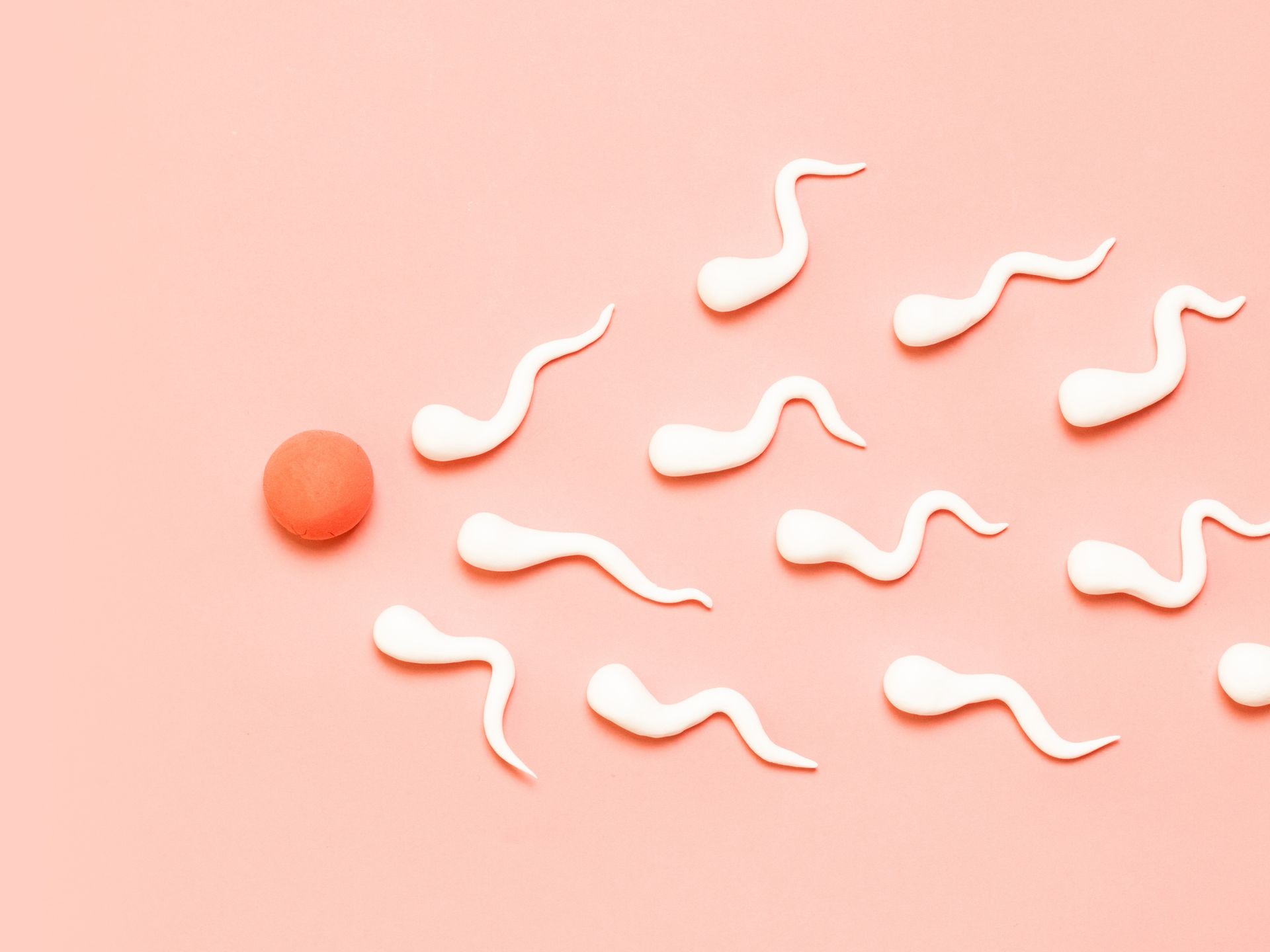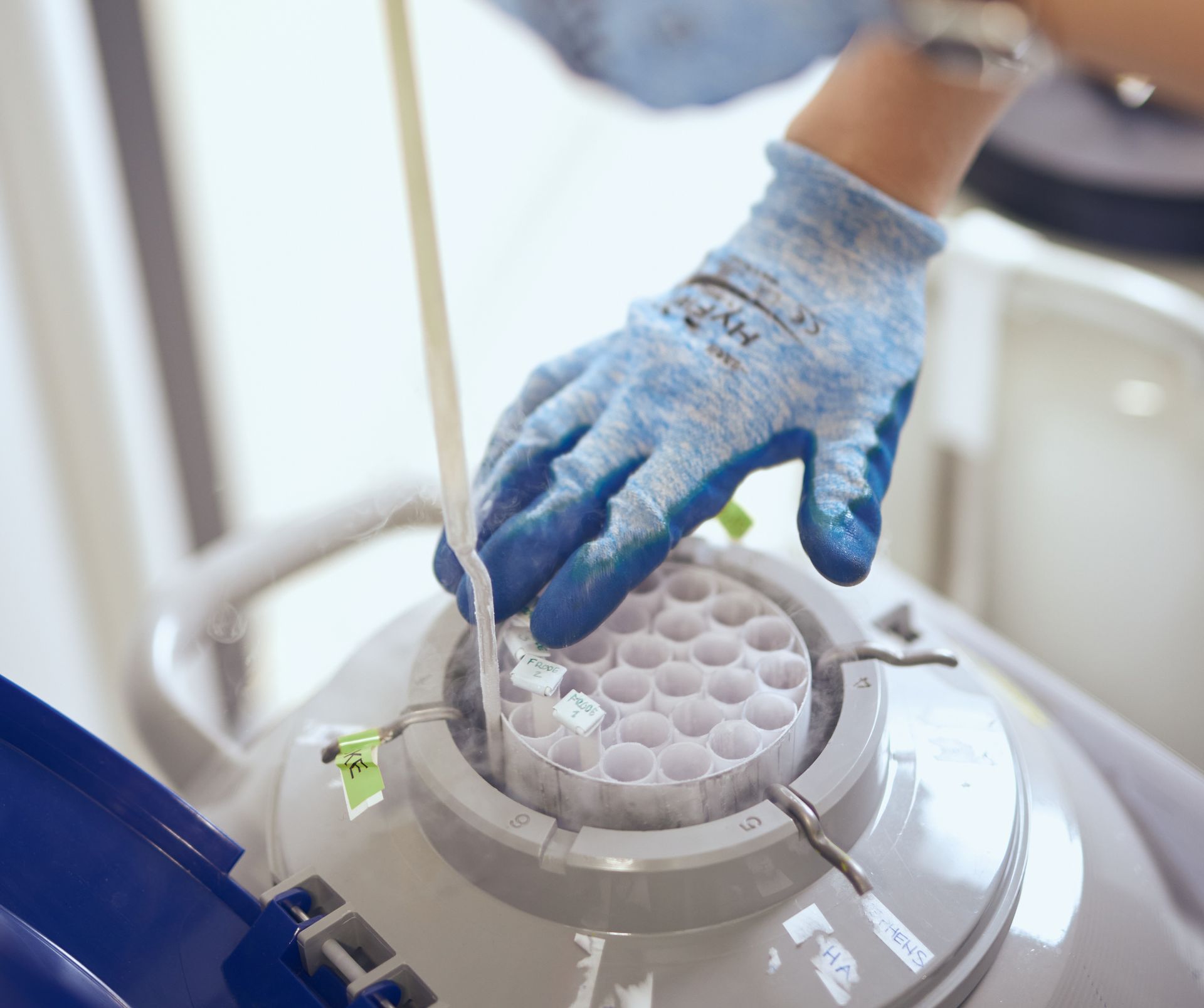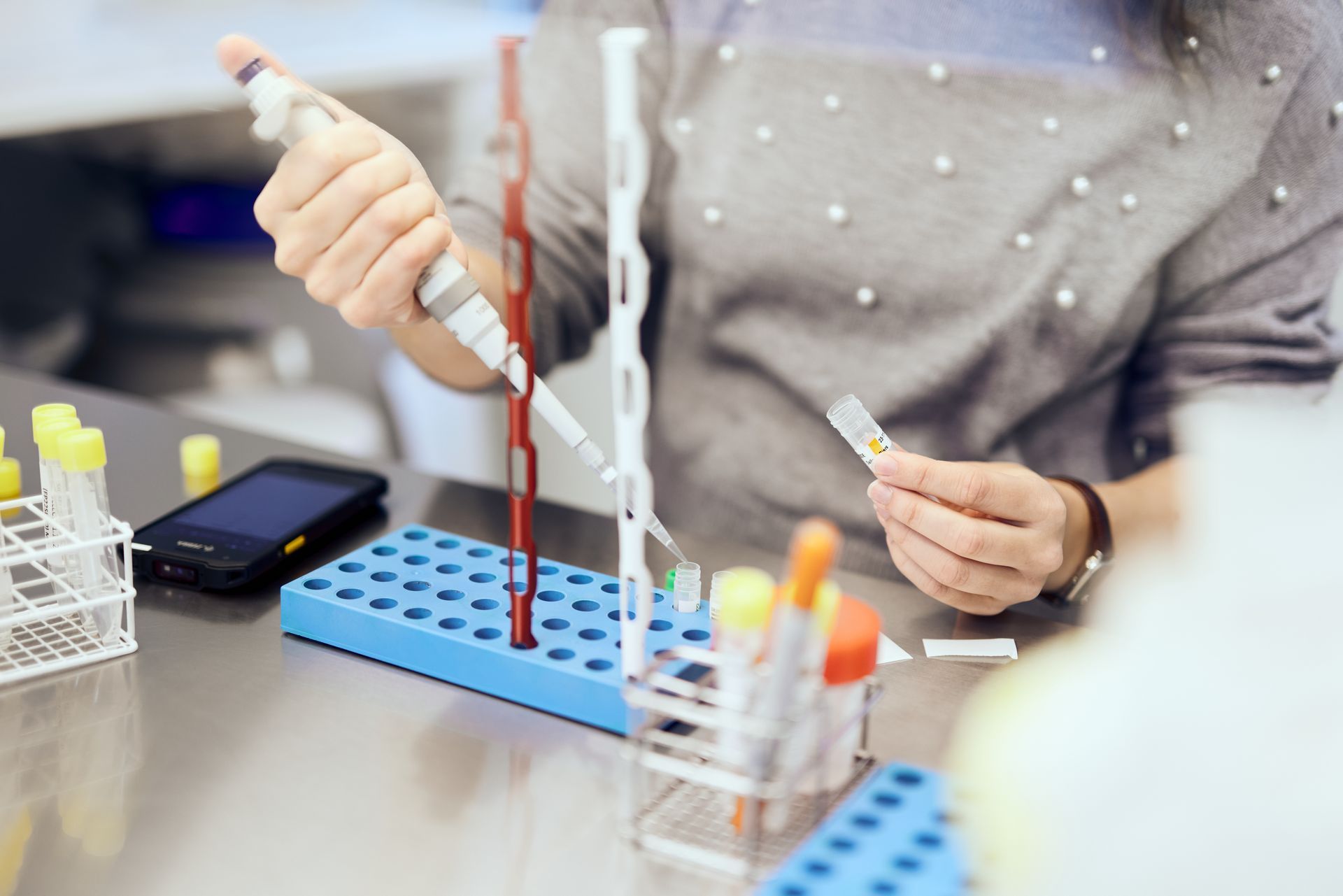5 Things You Didn’t Know About Sperm Donation
Sperm donation can be a life-changing opportunity and may be the only chance to have a child for many couples and individuals struggling with fertility. In this article, we dive into five aspects of donor sperm that might surprise you. Whether you're contemplating sperm donation, considering using a sperm donor, or simply curious about the topic, continue reading to gain a better grasp of what sperm donation means for many different people aspiring to become parents.
1. An Estimated 1 in 6 People Globally are Affected by Infertility
A significant number of couples have trouble conceiving, and in approximately 40% of the cases, it is linked to challenges with male fertility. Fertility treatment with donor sperm can be a be a possible solution to the problem in instances of male infertility or if you are a carrier of a genetic disorder. Due to the significant decline in our sperm quality, fertility treatments, and in some cases, sperm donation, enable many couples and individuals to become parents and have their biggest wish fulfilled - to start a family.
2. Everyone Has the Right to Fertility Treatment, Regardless of Sexuality
In Denmark, it is also possible for lesbian women and transgender individuals to have a child through assisted reproduction. Sperm banks enhances the opportunities for LGBTQ2+ individuals to become parents and establish a family life, regardless of gender and sexuality, thus promoting reproductive equality. Previously, it was possible to receive donor sperm for home insemination, but this option has been legally closed in Denmark. Now, a healthcare professional or fertility clinic must always be involved to ensure compliance with the limit on pregnancies per sperm donor and to report to the health authorities in case of any complications.
3. Sperm Donors Must Undergo Thorough Medical and Genetic Testing
All men between the ages of 18 to 45 can apply to become a sperm donor, and while the sperm donor process might seem relatively straightforward for the applicant, there are more steps involved than one might initially think. As a potential sperm donor, you need to fill out an application form and attend a personal interview. If you proceed to the next stage of the application process, you will undergo several different examinations where your current health status will be assessed as well as questions regarding your medical history will be covered. You will need to provide blood, semen, and urine samples, which will be tested for infectious and hereditary diseases. To ensure the quality of your sperm, factors such as volume, motility, viability, and abnormalities of the sperm cells will be examined. Lastly, a medical and genetic evaluation will be conducted. The process can take anywhere from 3 weeks to several months, largely depending on the applicant's own motivation.
4. A Sperm Donor Can Assist a Limited Number of Families
A sperm donor can help multiple families worldwide within the framework of national legislation and the regulations enforced by the donor's sperm bank. In countries where a national limit on the number of families a donor can help has not been established, we always set a family limit based on the population size. This limit pertains to the number of families, not the number of children, allowing the possibility of having biological siblings if desired. For instance, our sperm donors help a maximum of 25 or 75 families worldwide.
5. Open and Closed Sperm Donors Exist, but Complete Anonymity Can’t Be Guaranteed
While some individuals prefer using a closed sperm donor without ID release, others opt for an open donor, allowing donor-conceived children to contact the donor once they reach the age of 18 years or legal adulthood—this varies from country to country. It's crucial to thoroughly research these options and understand the legal and ethical considerations associated with each choice before proceeding—both for the sperm donor, the prospective parents, and the donor-conceived child.
However, for closed donors who wish to maintain their anonymity, guarantees of being a completely anonymous donor have become more challenging to uphold in today's context. Legislation has evolved in some countries to grant donor-conceived children access to information about their biological origins, even if the donor is closed. This creates a balance between a sperm donor's option for anonymous donation and the children's right to know their biological heritage.
Discuss Sperm Openly with Friends and Family
By openly and honestly discussing fertility issues and sperm donation, our hope is to contribute to breaking down taboos and providing you with a better understanding of the many opportunities that donor sperm offers to various LGBTQ2+ individuals and couples, heterosexual couples and single women. If you're considering donating sperm or using a sperm donor, remember that we are here to support and guide you. You are always welcome to reach out to us if you have any questions, thoughts, or concerns.
Other blog posts

In 2024, More and More Women Become Single Mothers by Choice, but They Still Meet a Lot of Prejudice

Find Us At
Rosensgade 11, 8000 Aarhus C - Denmark HQ
Other Locations
Boulevarden 6, 1. st. floor, 9000 Aalborg
Ole Suhrs Gade 19, Ground floor, 1354 Copenhagen
Havnegade 18, 1. st. floor, 5000 Odense









